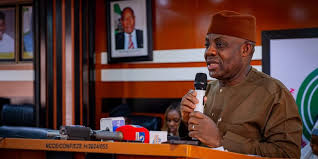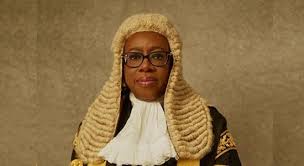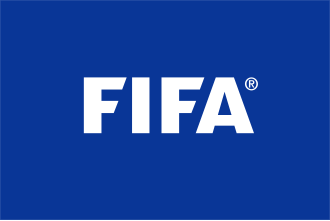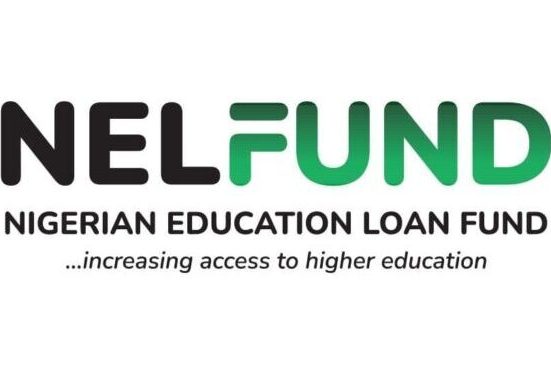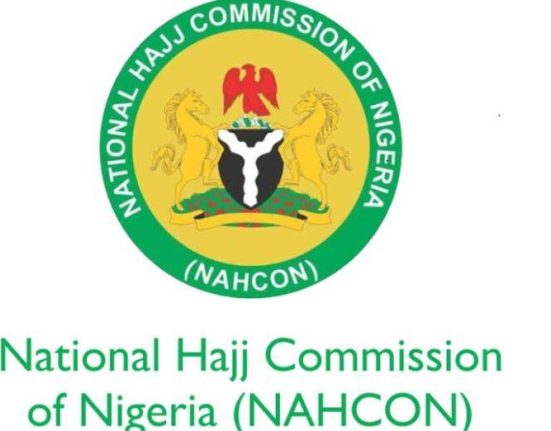The Federal Government has unveiled a three-year Communication Strategy and Framework designed to strengthen transparency, accountability, and public engagement in Nigeria’s education sector.
The Minister of Education, Dr Tunji Alausa, announced the initiative on Monday in Abuja, describing it as a blueprint for telling Nigeria’s education story “with clarity, credibility, and consistency.” He noted that effective communication is a critical factor in realizing the education priorities of President Bola Tinubu’s Renewed Hope Agenda.
“Education is not only about classrooms and textbooks; it is about shaping the destiny of our children and the prosperity of our nation. That future cannot be built in silence, it must be explained, debated, supported, and embraced by the Nigerian people,” Alausa said.
The minister commended President Tinubu for the significant budgetary commitments made to education, which, according to him, have enabled infrastructure upgrades, teacher training, and the rollout of the Nigeria Education Sector Renewal Initiative (NESRI).
Highlighting recent progress under NESRI, Alausa cited the expansion of Technical and Vocational Education and Training (TVET) through a digital application platform that has processed over 960,000 entries, with 58,000 students already matched to training centres. He revealed that from the 2025/2026 academic session, federal and selected state technical colleges will offer free tuition, boarding, and stipends to students.
In the area of basic education, the ministry reported the construction of nearly 4,900 new classrooms, renovation of 3,000 more, and distribution of over 353,000 pieces of furniture, benefitting about 2.3 million learners nationwide. In addition, nearly one million out-of-school children have been identified, with 35,000 reintegrated into schools, and plans are underway to roll out bilingual smart schools across 33 states.
Alausa stressed that government policies and programmes can only succeed if they are well understood and embraced by the public. He argued that reforms often suffer setbacks when stakeholders are not adequately informed or engaged.
For ordinary Nigerians, the strategy means that education reforms will no longer be distant government policies but conversations brought closer to communities, parents, teachers, and learners. By fostering public understanding, the government aims to secure stronger support for its initiatives, reduce resistance to change, and ensure that investments in education translate into lasting impact.
The launch of this communication framework signals the Federal Government’s determination to make Nigerians not just observers but active participants in shaping the future of the country’s education system.

